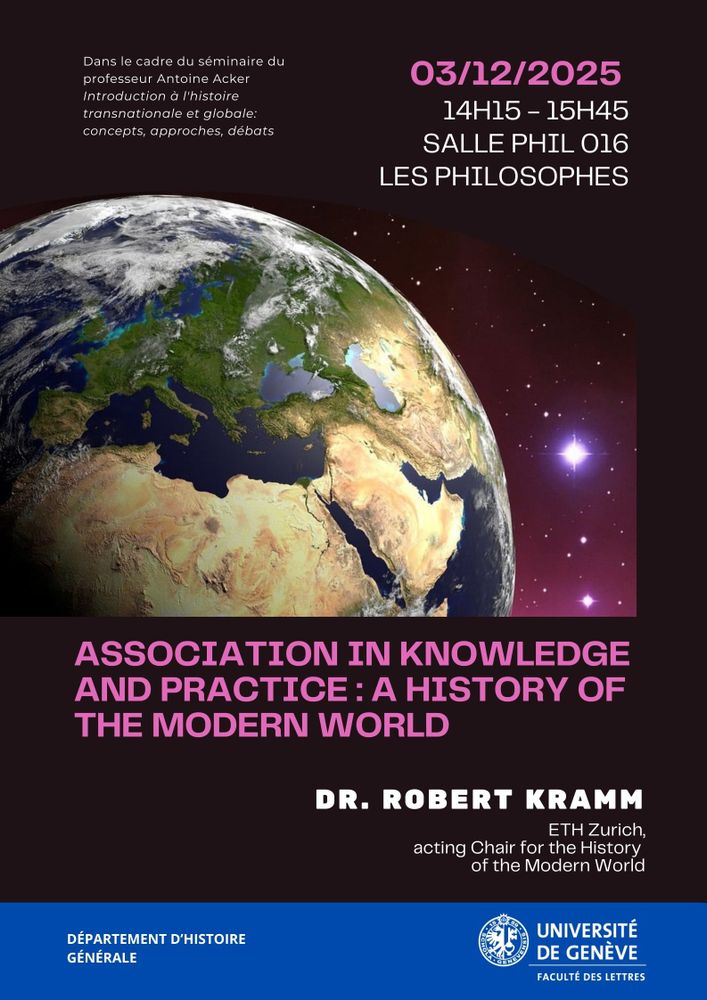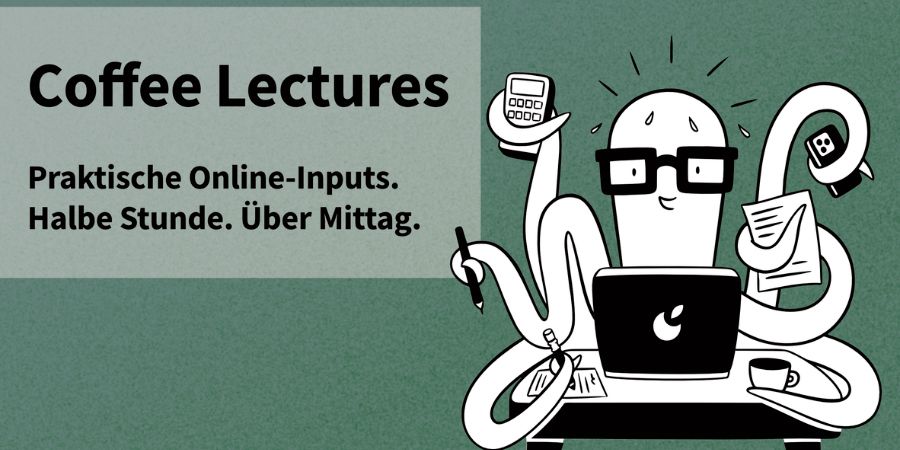CfP: Across the Bamboo Curtain. Economic, Political, and Technological Exchanges Between East and West During the Cold War, 1950s-1970s
CfP: Across the Bamboo Curtain. Economic, Political, and Technological Exchanges Between East and West During the Cold War, 1950s-1970s
The workshop aims to bring together PhD researchers and early career scholars working on the multifaceted economic, political, and technological interactions between the Western camp and the Asian socialist states during the Cold War. It seeks to move beyond the binary image of East–West confrontation to highlight the multiple channels of exchange, competition, and cooperation that connected developed capitalist countries, notably, Western Europe and Japan —with communist Asia, such as China, Vietnam, and North Korea, the so-called “Bamboo Curtain” during the heyday of Cold War rivalry (1950s-1970s).
Annual Pierre du Bois Doctoral Workshop
The Sixth Annual Pierre du Bois Doctoral Workshop, organized by the Graduate Institute of International and Development Studies in partnership with the Pierre du Bois Foundation, will take place at Maison de la Paix, Geneva, Switzerland, on May 28-29, 2026. The workshop’s title is ‘Across the Bamboo Curtain: Economic, Political, and Technological Exchanges Between East and West During the Cold War, 1950s-1970s’, organized by Yi Liu, Ziru Yang from the International History and Politics Department, Geneva Graduate Institute, Dr. Severyan Dyakonov from the University of Fribourg, and Karina Khasnulina from Leipzig University. It aims to bring together PhD researchers and early career scholars working on the multifaceted economic, political, and technological interactions between the Western camp and the Asian socialist states during the Cold War. It seeks to move beyond the binary image of East–West confrontation to highlight the multiple channels of exchange, competition, and cooperation that connected developed capitalist countries, notably, Western Europe and Japan —with communist Asia, such as China, Vietnam, and North Korea, the so-called “Bamboo Curtain” during the heyday of Cold War rivalry (1950s-1970s).
While ideological polarization and conflict defined much of geopolitics in East Asia, the Cold War world was also marked by continuous flows of goods, technology, and ideas. These dynamics reveal that the Cold War was not solely a story of division, but also one of negotiated interdependence. The workshop welcomes papers that explore how economic and technological interactions transgressed Cold War boundaries through the agency of transnational actors, including businesspeople, scientists, technical experts, and diplomats, who navigated ideological and political constraints to pursue economic or strategic goals.
The workshop also invites papers that examine the intersection of economic and technological exchanges with decolonization and the geopolitical reconfiguration of Asia. In the wake of empire, both Western and Asian socialist actors sought to redefine their roles within a transforming international system. Newly independent nations in Southeast Asia, such as Myanmar, Malaya, Laos, and Cambodia, became arenas of competition, ideological persuasion, and material exchange. Both Western capitalist and Asian communist states sought to export their respective modernization paradigms through trade, technical assistance, and human-capital training. They were competitors and adversaries, but also reluctant interlocutors, revealing that the Cold War confrontation was not only ideological but also a contest over the reordering of regional and global structures.
By analyzing the entanglement of Cold War economic and technological exchange, geopolitical rivalry, and decolonization, this workshop situates the Cold War in Asia within a broader global transformation that linked Western Europe and Japan’s postwar reconstruction with the economic development of newly independent Asian states, communist and non-communist. It further invites reflection on the enduring legacies of these encounters. During the late Cold War, China and Vietnam had begun to integrate into the global capitalist system, laying the foundation for their post-Cold War economic transformations. In contrast, North Korea maintained its autarkic development model. This divergence highlights the varied trajectories of socialist states under Cold War constraints and underscores how earlier restrictions, exchanges, and technological flows shaped Asia’s eventual incorporation into the global economy.
Selected papers will be considered for inclusion in a special issue of a peer-reviewed journal. We plan to submit the proposal for this special issue after receiving abstracts from potential contributors in March 2026, and aim to have publication updates available ahead of our workshop in May 2026.
We invite applicants to submit papers relating to the following themes:
- Cold War economic statecraft;
- the activities of Western technicians and experts working within socialist countries;
- processes of technology transfer;
- economic and technological exchanges between Western and Asian socialist states;
- embargoes, counter-embargo strategies, and mechanisms to navigate export controls;
- business, scientific, and transnational networks;
- trade, aid, technical assistance, and human-capital programs;
- industrial and trade fairs as sites of exchange and competition;
- political engagement and decolonization in East and Southeast Asia;
- Asian socialist and Western capitalist visions of modernization.
Application process
Please submit an abstract (250 words), a short bio (150 words), and your institutional affiliation and contact details in a single Word document
To email [email protected], and cc [email protected] and [email protected]
Deadline for submissions: 15 February 2026
Notification of acceptance: 5th March 2026
There is limited financial assistance available for participants traveling from outside Switzerland. Please state on the application whether you have travel/conference funding available so we can better allocate it.
Organisiert von
Graduate Institute of International and Development Studies / Pierre du Bois Foundation
EK
27. November 2025
[email protected]
Graduate Institute of International and Development Studies
1202
Geneva













